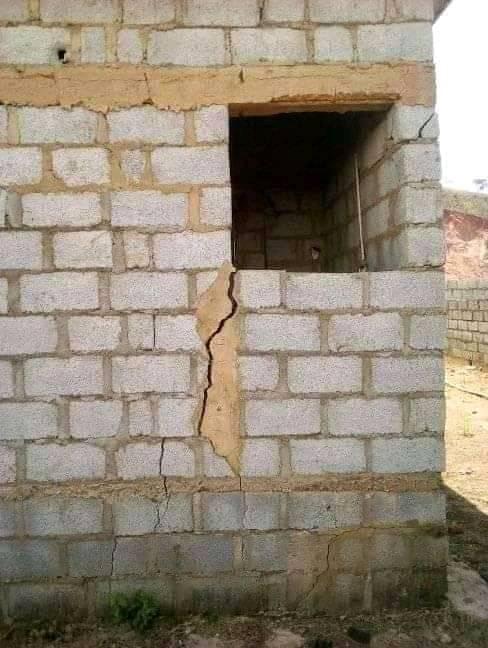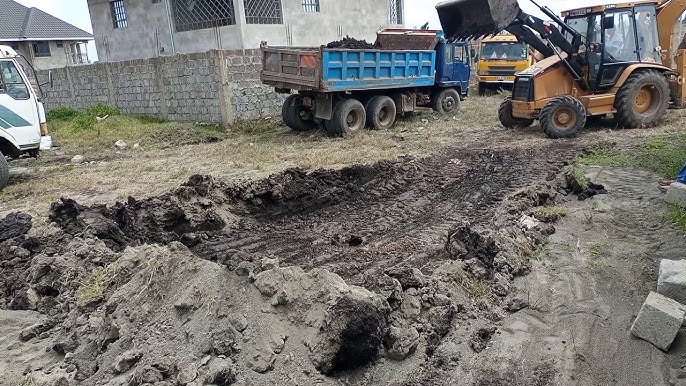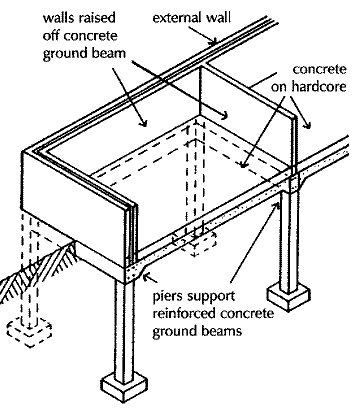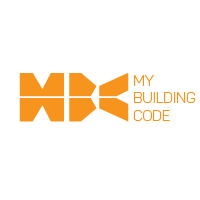The type of soil on the land one buys can have a significant effect on construction costs. Murram and red soils are generally good for construction since these soils are stable unlike black cotton soil which is considered problematic.
In earlier times, land was readily available and buyers could opt out of buying plots with black cotton soils in favor of others with better soils. Currently, the land available has become scarce and expensive so buyers have no choice but take what is available.
Black cotton soil is found abundantly in most regions in Kenya. For example in parts of Kajiado, Nairobi, Rift Valley, Kiambu, Machakos, and Nyanza. Within the Nairobi metropolitan area this type of soil is common in Kitengela, Syokimau, Athi River and even Kamulu areas along Kangundo road.
Why is it risky to build Foundations in Black Cotton Soil?

Black cotton soil, a cohesive soil, is considered a problematic soil for civil engineers. It has characteristics of swelling during rains and shrinking during summer. In both the conditions, it poses problems.
The continuous expansion and shrinkage of the soil creates a very unstable environment to build a foundation on. It is what causes the cracking in floors and walls due to the uneven settlement in foundations.
Special care must be taken into consideration when building foundations on this type of soil. This is why the cost of building is usually higher in these soils.
How should you build on black cotton soil?
There are two common ways of dealing with the soil: one can excavate all of it or have a floating foundation.
Option 1: Mass Excavation
When building on land with black cotton soil, the entire top soil is always removed through excavation using building machinery.

Once the soil has been excavated, you can start construction using the normal strip foundation that is common for residential houses.
The additional costs that the homebuilder incurs here include the costs of hiring an excavator, transportation costs of the excavated soil, and backfill materials.
Option 2: Using floating foundations
Generally, if the black cotton soil is more than 1.5m in depth and the homebuilder has no intention of creating a basement, it becomes uneconomical to excavate the whole of it.
This requires a suspended type of foundation whereby columns are dug till solid rock or firm ground and protrude slightly above the ground level.

The suspended type of foundation is known as the pad foundation. Here excavation will be done only for the load-bearing components of the house, which are the columns and ground beams. These columns and beams will then support the entire structure above the soil near the surface.
Waste water management
Black cotton soil has poor drainage. When constructing soak pits in the terrain with this type of soil, water doesn’t percolate. In stead it stagnates on ground.
In such areas its advisable to fill in the soak pit with large sized quarry chips to make the soakage faster. Alternatively the soak pit will have to be dug deeper till one reaches the stone.
Please ensure you engage a professional before undertaking any building project.
Need help with your construction project? Talk to us







